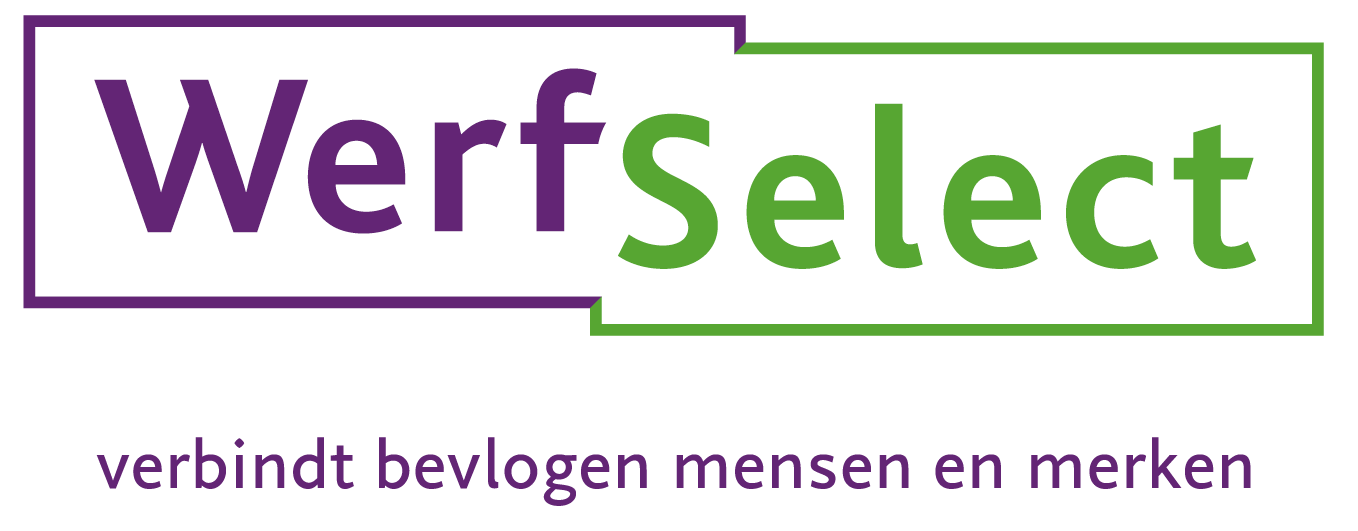What is the DBA Act and why is it important?
The Deregulation of Assessment of Labor Relations Act (DBA) is a crucial law in the Netherlands that regulates the working relationships between clients and self-employed persons without personnel (zzp’ers). This law was introduced to prevent false self-employment, where a zzp’er is actually treated as an employee without paying the corresponding taxes and premiums. This is important for both clients and contractors to avoid legal and financial risks. Read more about this in our white paper.
For contractors, such as freelancers and zzp’ers, the DBA Act ensures a clear delineation of their self-employment so that they do not inadvertently end up in an employment relationship. It is important for clients to know that they will not be held liable for employee obligations if the working relationship is not properly designed. The DBA Act helps keep these relationships clear and fair.
How does the DBA Act provide clarity in contracts?
The DBA Act provides tools to create clear contracts between clients and contractors. By using model agreements approved by the Tax Office, both parties can gain certainty about the nature of their working relationship. This reduces the chance of false self-employment and helps prevent misunderstandings.
A good contract contains agreements about the independence of the contractor, such as the absence of a relationship of authority and freedom in the performance of the work. The contract should make it clear that the self-employed person is responsible for matters such as working hours and methods, thus emphasizing independence.
What are the risks of not complying with the DBA Act?
Failure to comply with the DBA Act can entail significant risks for both clients and contractors. For principals, it can lead to retroactive levies of taxes and social security contributions if the Tax Office rules that an employment relationship exists. This can have significant financial consequences.
For contractors, false self-employment can lead to loss of self-employed status and associated benefits, such as tax deductions. It is therefore essential that both parties have their contracts and working relationships in order to avoid potential legal complications.
How can you comply with the DBA Act as a freelancer?
As a freelancer, it is important to make sure you have the right contracts that emphasize your independence. Make sure you are not solely dependent on one client and that you clearly define your own working hours and methods. This helps to prevent false self-employment.
In addition, it is useful to regularly evaluate your working relationships and ensure that they comply with the current guidelines of the DBA Act. Using model agreements can provide a good basis for this, but also stay alert to changes in legislation that may affect your status as a self-employed person.
What tools does WerfSelect offer for compliance with the DBA Act?
At WerfSelect, we understand how important it is to stay within the framework of the DBA Act. We therefore offer various tools to support both clients and contractors. These include advisory services that help with the correct drafting of contracts and providing insight into current legislation.
In addition, we offer sample contracts that can serve as a guide in shaping working relationships. Our goal is to ensure that both parties know and fulfill their legal obligations so that they can focus on what really matters: a successful partnership.
At WerfSelect, we strive to connect the right candidates with the right roles in a way that is both legally correct and beneficial to all parties. We are ready to support you with our expertise and personal approach.






